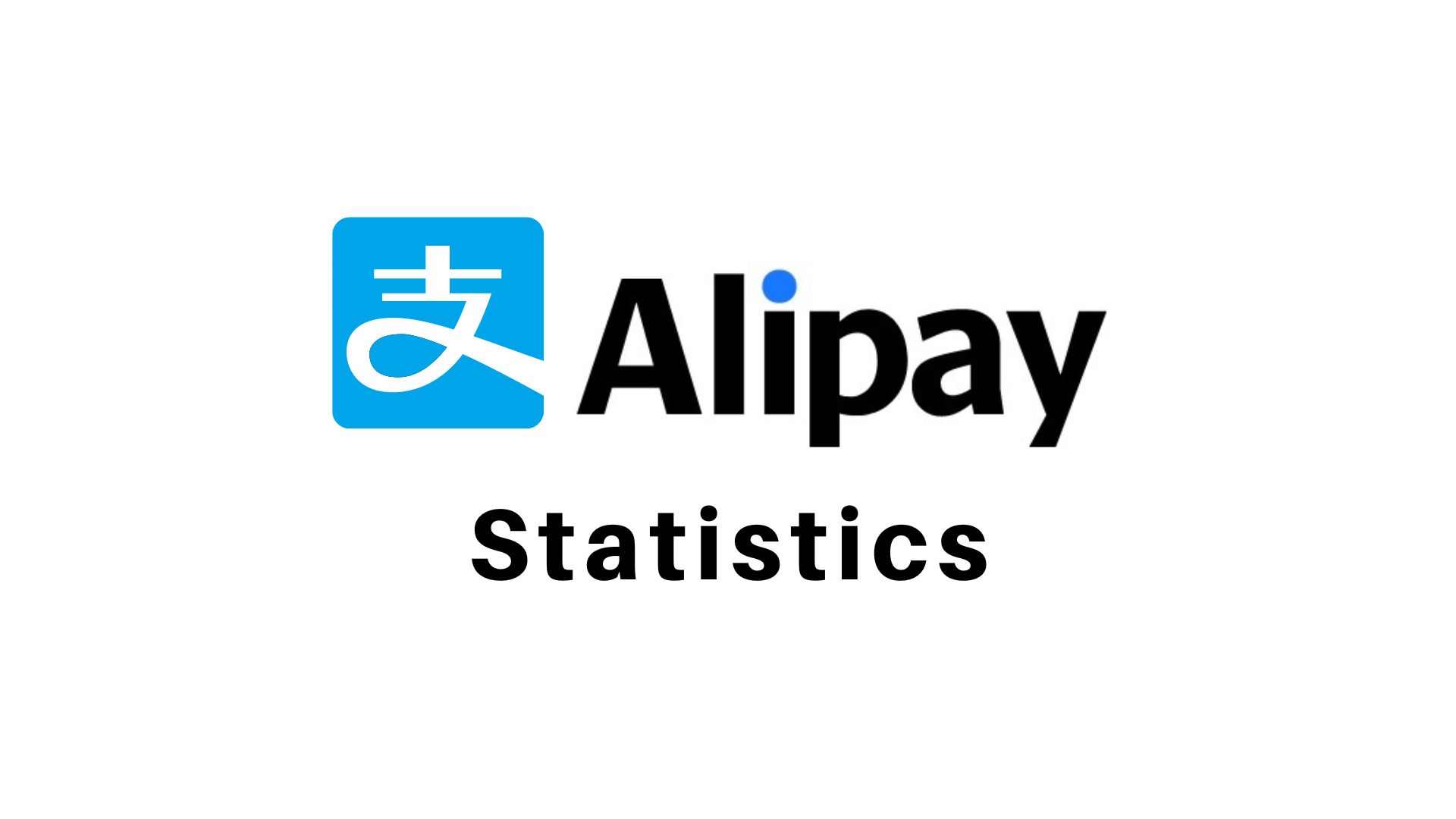Microsoft Updates ERP, Teams With Siebel
Microsoft's business solutions group has launched its latest ERP application for the mid-market. Solomon 6.0 is targeting businesses with heavy lifting computing needs with projects or services.In this release, project management and accounting have become one integrated business system.
Integrating ERP and project management ensures that project managers and professional services executives are using the same financial information as accounting, said Eric de Jager, group product manager with Microsoft Business Solutions. “There's never any question about finances, because they're all working from the same numbers. This helps them make [make] ‘save' or ‘kill' decisions. They can see earlier whether a project needs help,” he said.
The latest version includes an enhanced interface and access to integrated, Web-based data and functions, enhancements to project management and accounting functionality, and additional analytics and reporting options.
“We've simplified the interface for users,” said de Jager. “It's a more modern, Windows-like interface that's easy to configure, so users can tailor the menus according to the way they want to interact with it.”
The product is integrated with Microsoft Business Portal 2.5, released in August. The Business Portal product used with Microsoft Solomon 6.0 lets employees build a centralized project desktop that consolidates previously disparate aspects of project, management and accounting tasks. It also adds new modules such as Key Performance Indicators and advanced payroll features. Companies that license the professional version of Solomon 6.0 receive Business Portal as well; those who license the standard edition must also license Business Portal to get its functionality.
“At the organizational level, we're able to address a wider group of people with deeper capabilities,” de Jager said.
Customers of Microsoft Solomon 6.0 can also take advantage of Microsoft Business Solutions for Analytics–FRx 6.7, depending on the licensing arrangements. Typically, the Solomon license will include the ability to create and view reports through the FRx Report Manager module. FRx has been upgraded for support of the eXtensible Business Reporting Language (XBRL) 2.0 taxonomy.
“Report Manager lets a company take all monthly financial reports and incorporate them into a single report book,” de Jager said. They can add annotations, attach files and establish access security for different divisions or managers.
Microsoft Solomon 6.0 customers also will receive support for Crystal Reports 10, which includes added options for exporting data to Microsoft Excel and creating funnel charts.
Development was for the most part handled in-house by Microsoft, de Jager said. Plumbline Software, a company formed by Solomon's founders after Microsoft closed downthe division, took care of the build and quality assurance. Plumbline also is handling support services, and de Jager said customer satisfaction has gone up since Plumbline took over.
Partners in ERP
Microsoft and Siebel Systems also announced that new Siebel Business Analytics applications the company launched today are also optimized for Microsoft SQL Server.Siebel announced Enterprise Analytic Applications for four main application areas: customer analytics, financial analytics, workforce and employee performance management, and supply chain and supplier analytics. The new applications include pre-built modules focused on specific business operations such as sales, service, marketing, finance, procurement, human resources, operations/supply chain and executive management.
The two companies plan to continue cooperating to tightly integrate other Microsoft products such as Microsoft Analysis Services and Microsoft Reporting Services. As Siebel enhances its Siebel Business Analytics platform, it will support new business intelligence features in the SQL Server 2005 relational database and Analysis Services. The Siebel Business Analytics platform includes a SQL Server-specific code generation engine that is tuned to access the full capabilities of SQL Server. Microsoft, on its part, is incorporating features in SQL Server 2005 for optimal performance of Siebel Business Analytics.
The companies said that the full capabilities of Siebel Business Analytics platform are exposed as Web services, allowing .NET developers incorporate Siebel analytical information into their applications.
Microsoft also will use Siebel analytic applications internally, licensing 10,000 seats in its sales and marketing divisions.
The companies reinforced their two-year-old strategic alliance with the launch of a new platform migration program to encourage customers upgrading to Siebel 7.7 to move from Unix to Windows as a part of the upgrade. The program will include joint services and support, a database migration offering, and workshops that provide technical guidance.
Tim O'Brien, a senior product manager in Microsoft's platform strategy group, said that formalizing the alliance two years ago led to 50 percent growth in the number of Siebel customers using the Windows platform. Microsoft's investments in the alliance include enabling Siebel applications on the Tablet and PocketPC platforms.
“The formalization changed things, and the proof is in the numbers,” he said. “The delivery of Siebel on Windows has increased in a very meaningful way over the last couple of years.” Some 60 percent of Siebel customers now access the applications via Windows.
Besides holding workshops to explain how to migrate from Unix to Windows, the two companies will gather information such as best practices and case studies. O'Brien said that Siebel will take the lead with customers, calling on Microsoft's resources as necessary.
Get up to date on Microsoft ERP here.
